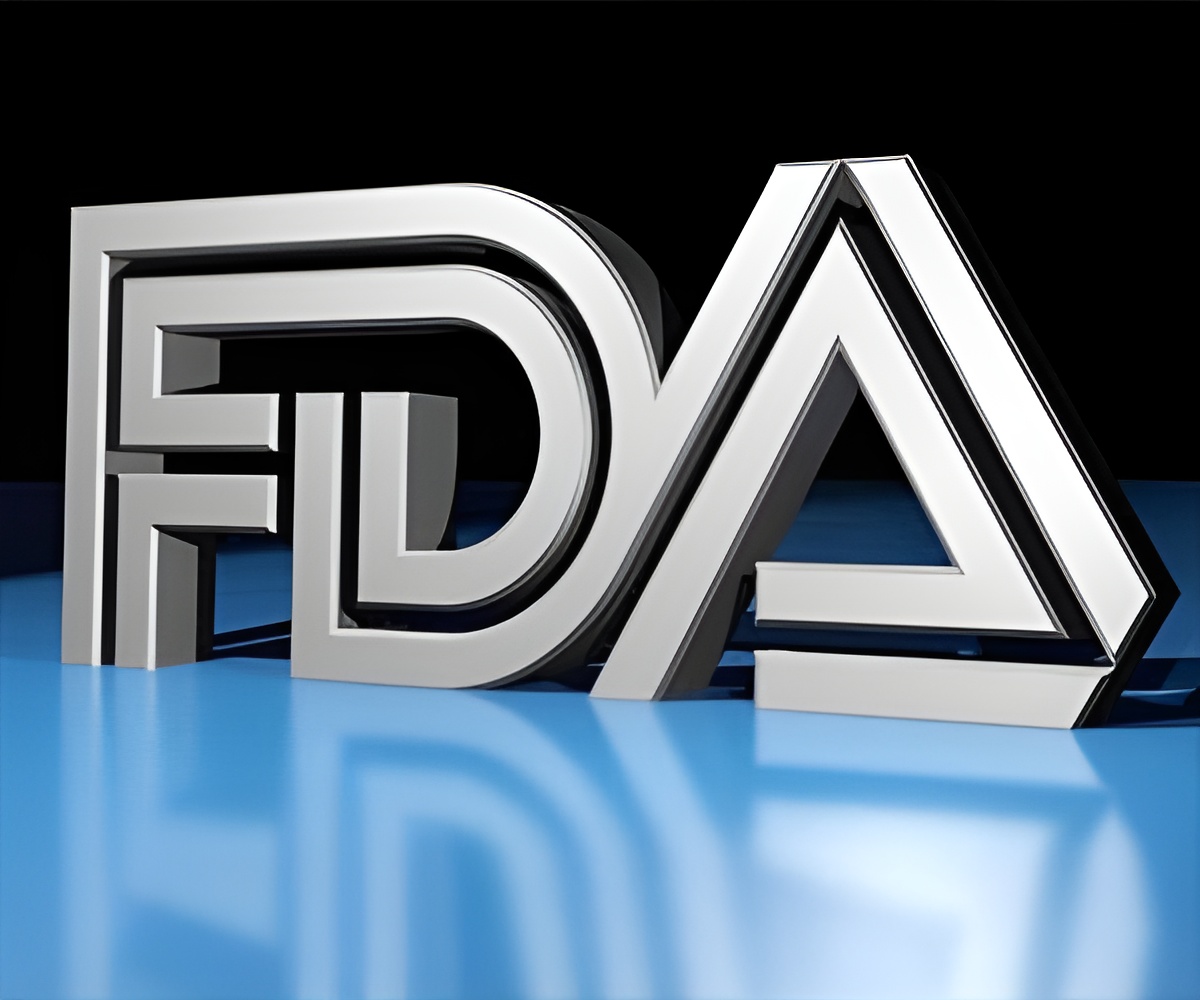Nearly one in three of the FDA approved drugs found to have safety concerns, finds study.

Of the 222 novel therapeutics which were approved by the FDA during the time period, three of them were withdrawn, and around 61 received boxed warnings and 59 received safety communications.
The research findings were published in the journal JAMA.
"The fact that so many new safety risks are being identified after FDA approval indicates that the FDA is taking its responsibility of ensuring the safety of new drugs throughout their lifetime seriously," said Downing, lead author of the study. "However, these safety risks emerge, on average, four years after approval. This means that many patients are exposed to these medications before the risks become clear."
The team found that three drugs had been withdrawn from the market over an average follow-up period of 11.7 years. Boxed warnings, which are issued when new, life-threatening risks are identified, were issued for 61 drugs, including antipsychotics, SSRIs (selective serotonin reuptake inhibitors) and a class of drugs for the treatment of autoimmune disease. Safety communications, which are issued when new, serious risks are identified, were issued for 59 drugs, including drugs for migraine, erectile dysfunction and diabetes.
Postmarket safety events were significantly more frequent among biologics, therapeutics indicated for the treatment of psychiatric disease, those receiving accelerated approval and those with near-regulatory deadline approval. Events were significantly less frequent among drugs with regulatory review times less than 200 days.
Advertisement
Advertisement










